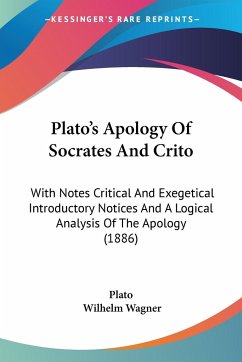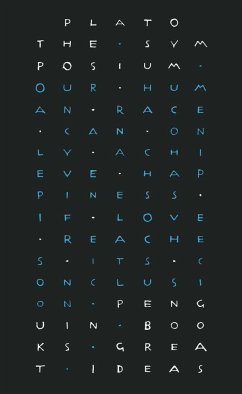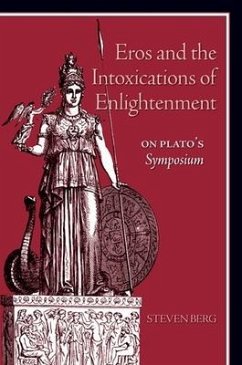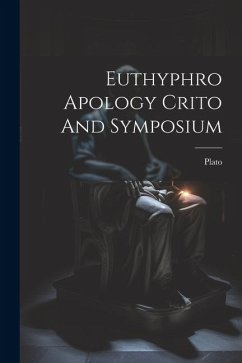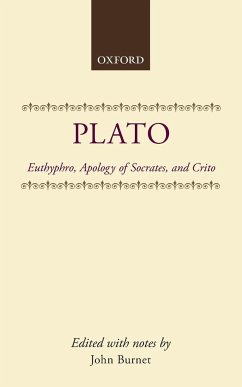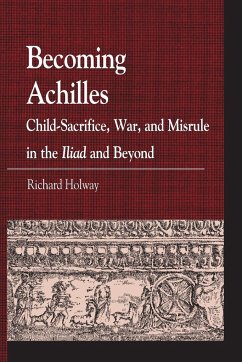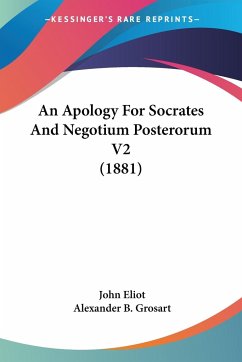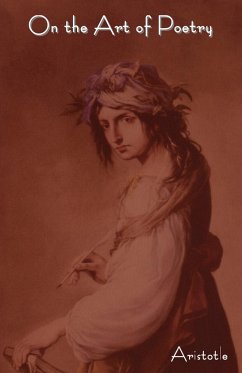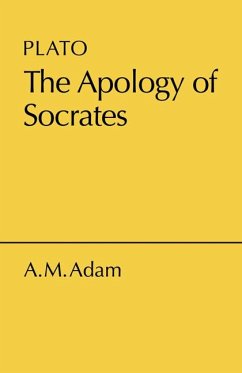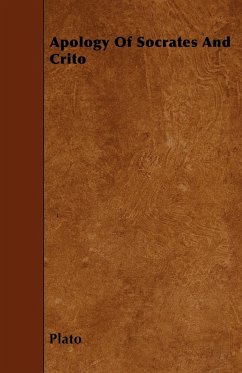
Apology Of Socrates And Crito
Versandkostenfrei!
Versandfertig in 1-2 Wochen
27,99 €
inkl. MwSt.
Weitere Ausgaben:

PAYBACK Punkte
14 °P sammeln!
This vintage book contains the four dialogues between Socrates and Plato that chronicle the elder's final days. Socrates (470/469 - 399 BC) was an Athenian philosopher considered to be one of the founding fathers of Western philosophy. Plato (424/423 - 348/347 BC) was a Greek philosopher who founded the first institution of higher learning in the Western world, the Academy in Athens. This volume is highly recommended for anyone with an interest in philosophy and the life and mind of Socrates. Contents include: "Introduction", "The Apology Of Socrates", "Introduction to the Crito", "Crito; Or, ...
This vintage book contains the four dialogues between Socrates and Plato that chronicle the elder's final days. Socrates (470/469 - 399 BC) was an Athenian philosopher considered to be one of the founding fathers of Western philosophy. Plato (424/423 - 348/347 BC) was a Greek philosopher who founded the first institution of higher learning in the Western world, the Academy in Athens. This volume is highly recommended for anyone with an interest in philosophy and the life and mind of Socrates. Contents include: "Introduction", "The Apology Of Socrates", "Introduction to the Crito", "Crito; Or, The Duty Of A Citizen", "Introduction To The Phædo", and "Phædo; Or, The Immortality Of The Soul". Many vintage books such as this are becoming increasingly rare and expensive. We are republishing this volume now in an affordable, modern, high-quality edition complete with a specially commissioned new introduction.




